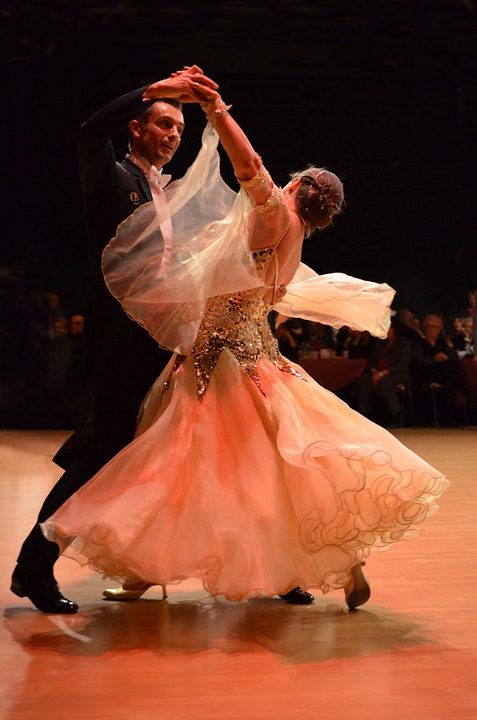When One Person’s Sharing is Another Person’s Pain

Everyone experiences distressing or upsetting feelings from time to time. In a healthy relationship you can take those feelings of sadness, anger, confusion, or fear to another person who can then offer comfort, compassion, and support. It doesn’t mean the other person necessarily agrees with your thoughts about the situation – or that they are responsible to “fix” those difficult feelings – but it means they listen and offer some form of comfort. As a result of being listened to and comforted, your distressing feelings may lessen, or they may stay the same. But the big difference is that you are now connected with another person who cares for you and supports you in the midst of your experience. And that is a very powerful thing.
Sometimes people aren’t able (or just don’t know how) to offer comfort. Some people grew up in homes where they weren’t nurtured, comforted, consoled, or treated with tenderness. They may have been shunned or even criticized for expressing feelings of sadness, anger, or fear. Or maybe as a child they were made responsible to care for the parent’s feelings instead of the other way around. In some homes a parental outburst may have included emotional or even physical abuse. If this happened to you then you may view relationships as an emotional drain instead of a resource. You may feel confused, uncomfortable, or even angry when someone expresses a painful emotion to you.
The following dynamic is a common one that I see with the couples I counsel: one person grew up in a home where they received comfort to some degree and the other person grew up with little or no comfort. The result is that the one who experienced comfort as a child will experience distress and try to connect with their spouse by expressing their difficult emotions. Pain prompts them to move towards relationship. The spouse who did not receive comfort as a child can see this bid for connection as criticism and a message that they are failing somehow. For them, expressing pain means moving away from a relationship. The person who grew up without receiving comfort will try to minimize, defend, or hurry their spouse through their distressing feelings. Why? Because they learned as a kid that expressing difficult feelings meant isolation, judgment, or rejection – all of which are powerful relationship killers. Their learned response of defending and minimizing is their way of preserving the relationship by neutralizing the threat of difficult emotions. The spouse who was used to receiving comfort and support when distressed will then see their spouse’s reaction as dismissive, insensitive, and hurtful. This dynamic is a cycle that will continue with increasing bitterness and hopelessness on both sides, with each partner seeing the other as both the source of pain and a threat to the relationship.

Thankfully there is good news. These patterns are learned, and can therefore be unlearned. Even if you didn’t get everything you needed growing up, you can learn it now. You can get what you missed now. This process is challenging, but very doable – provided both parties can take a step back and in humility examine their part in the system. Communicating and offering comfort are learned skills, and counseling can help you not just learn those skills, but reinforce them through the practice of receiving and giving comfort. And just like learning a new dance there will be some awkwardness, some confusion, and some stepping on toes, but practice really does lead to a beautiful new dance.


